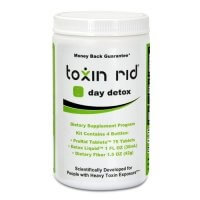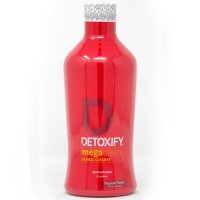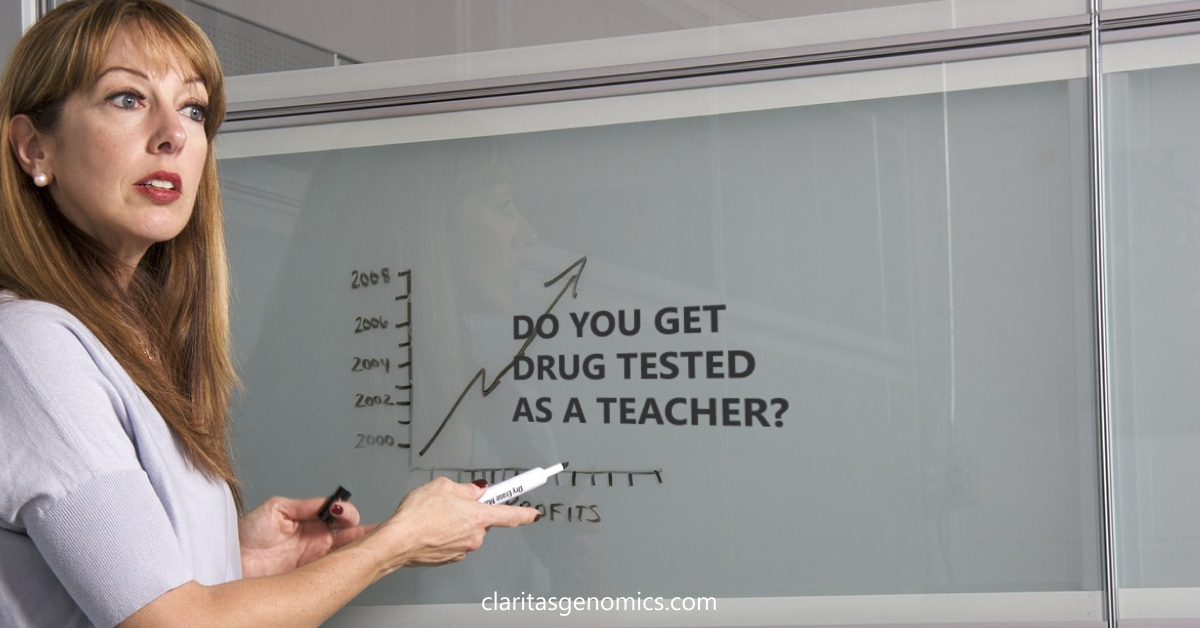Have you ever wondered if teachers undergo drug testing? If you’re a new teacher or looking for a teaching job, you might wonder if teachers get drug tested. Right now, many school districts don’t ask their teachers to take drug tests, but it can vary depending on where you work and if it’s a public or private school. Some people think teachers should be tested because they work with kids. However, school districts find drug testing to be expensive and unnecessary since teachers are unlikely to use illegal drugs. In case you find yourself facing a surprise test, some individuals explore options such as Toxin Rid pills or Detoxify Mega Clean to help cleanse their systems.
So, do you get drug tested as a teacher? Do public schools drug test teachers? We’ll take a closer look at the current practices in schools and discuss the reasons behind drug testing policies. Whether you’re a teacher, a student, or just interested in the topic, keep reading to find out more about drug testing in educational institutions.
 |
Our #1 Choice
Toxin Rid |
|
|
 |
Mega Clean + PreCleanse Pills |
|
Drug Testing Policies for Teachers
The answer depends on various factors, such as whether they work in a public or private school, the state they teach in, and the school’s policies. Private schools, not funded by the government, have more flexibility in setting their own rules, including drug testing policies. For example, boarding schools may opt for drug testing to ensure teachers are not under the influence while caring for students.
Some states, like Hawaii and Missouri, have considered mandatory drug testing for teachers, prompted by drug-related incidents or following the example of other professions.
Hawaii even offered an 11% pay increase to teachers who agreed to undergo testing. However, many teachers oppose random drug testing, and the issue has faced legal challenges. In Virginia, the idea of mandatory drug tests for teachers gained attention after a teacher faced drug possession charges.
However, the high cost of drug tests has made it difficult to implement such policies in many schools. While some districts may have specific drug testing policies for certain positions, most teachers believe the existing policies should not change.
In situations where teachers may need to undergo detoxification, products like Toxin Rid pills or Detoxify Mega Clean might be considered, although their efficacy is often debated.
Mandatory Drug Testing In Schools Pros And Cons
Pros of Mandatory Drug Testing for Educators
- Ensuring a Safe Learning Environment: Drug testing can help ensure that teachers are not under the influence of drugs or alcohol while responsible for the well-being and education of students, promoting a safer learning environment.
- Role Modeling: Drug-free teachers serve as positive role models for students, reinforcing the importance of making responsible choices and maintaining a healthy lifestyle.
- Early Intervention: Drug testing can identify potential substance abuse issues early on, allowing educators to seek help and support before the situation worsens.
- Trust and Confidence: Drug testing can enhance parents’ and the community’s trust and confidence in the school system, knowing that teachers are held to high standards of professional conduct.
- Deterrent Effect: The presence of mandatory drug testing policies may deter teachers from engaging in drug use, reducing the likelihood of substance abuse among educators.
Cons of Mandatory Drug Testing for Educators
- Invasion of Privacy: Mandatory drug testing can be seen as an invasion of privacy, raising ethical concerns about the right to personal autonomy and freedom from unwarranted searches. Some individuals may explore products like Toxin Rid pills or Detoxify Mega Clean as potential solutions in response to such testing requirements.
- Cost and Resources: Implementing and maintaining drug testing programs can be expensive, diverting resources from other critical areas of education.
- False Positives and Negatives: Drug tests are not always foolproof and can lead to false positive or negative results, potentially harming innocent teachers or failing to identify actual substance abuse issues.
- Stigmatization: Mandatory drug testing may stigmatize teachers, creating a negative atmosphere and impacting their morale and job satisfaction.
- Efficacy Debate: Some critics argue that drug testing may not significantly impact substance abuse rates among teachers and that other preventive measures and support systems are more effective.
 |
Our #1 Choice
Toxin Rid |
|
|
 |
Mega Clean + PreCleanse Pills |
|
Drug Testing in Public Schools
Public schools have been implementing drug testing policies, especially in recent years. This means that some students and teachers may undergo tests to check for illegal drug use. The idea of drug testing in schools started during the late 1980s as part of the so-called war on drugs. It began with testing student-athletes, but later expanded to include other student activities, like band and choir.
The U.S. Supreme Court has ruled that schools can conduct drug tests on students without needing probable cause or a warrant, as they have a compelling interest in maintaining a drug-free environment. However, there are still debates and legal challenges regarding the extent of drug testing in schools, with some courts supporting it for specific situations and others questioning its broader application.
The future of drug testing policies in schools remains uncertain, and it continues to be a topic of discussion and legal examination at both the federal and state levels.
The Cost of Drug Testing in Schools
Drug tests can range from affordable at-home urine tests (around $6) to more comprehensive and accurate lab testing (up to $200).
- Regular testing of a reasonably-sized group of students can become costly, leading to concerns about the efficient allocation of limited school funding.
- Some schools opt to randomly test all students, which significantly increases expenses, making them vulnerable to potential future legal challenges.
- Schools must often test many students to obtain one positive result, adding to the overall cost of drug testing programs.
FAQs about Drug Testing for Educators
-
What happens if you fail a school drug test?
The consequences can vary depending on the school’s policy. In some cases, failing a drug test could lead to immediate termination, while other schools may offer drug counselling as an alternative for those who fail. Individuals seeking ways to pass drug tests may explore options like Toxin Rid pills or Detoxify Mega Clean.
-
Does an academy drug test before hiring?
Yes, academies may drug test potential employees, but typically only in the event of an employee accident.
-
Do medical schools drug test?
Yes, many medical schools conduct drug tests, though the frequency and extent of testing can vary among schools. Some medical schools may not conduct drug tests at all, but if you’re expected to work in a hospital setting, you are likely to be subject to drug testing.
-
Can teachers smoke weed?
The legality of marijuana use varies by location and state laws. In some states where marijuana is legal for recreational or medical use, teachers may be allowed to smoke weed outside of work hours and adhere to their employer’s policies. However, in places where marijuana is illegal, teachers can face disciplinary action if caught using it.
-
Do teachers get drug tests in NYC?
The drug testing policies for teachers in NYC may vary among schools and districts. Some schools may have drug testing programs in place, while others may not. Teachers in NYC should inquire with their specific school or district to understand their drug testing policies.
-
Do teachers get drug tests in Massachusetts?
Similarly, drug testing policies for teachers in Massachusetts can vary by school or district. Some schools in Massachusetts may implement drug testing programs, while others may not.
 |
Our #1 Choice
Toxin Rid |
|
|
 |
Mega Clean + PreCleanse Pills |
|
Conclusion
Drug testing in schools, including among teachers, is a complex and contentious issue. While some schools and states have considered or implemented mandatory drug testing policies, others argue that it can be invasive, costly, and may not effectively address substance abuse among educators. The expense of drug tests, especially when testing large groups of students, can strain school budgets and divert resources from other important educational needs.
Furthermore, research has shown mixed results regarding the effectiveness of student drug testing programs in reducing drug use among high school students. Critics also point out the lack of focus on alcohol abuse, which poses a more significant threat to student health and well-being. As the debate continues, it is crucial for schools and policymakers to carefully weigh the costs and benefits of drug testing programs to ensure they are making informed and effective decisions for creating safer and healthier learning environments.



